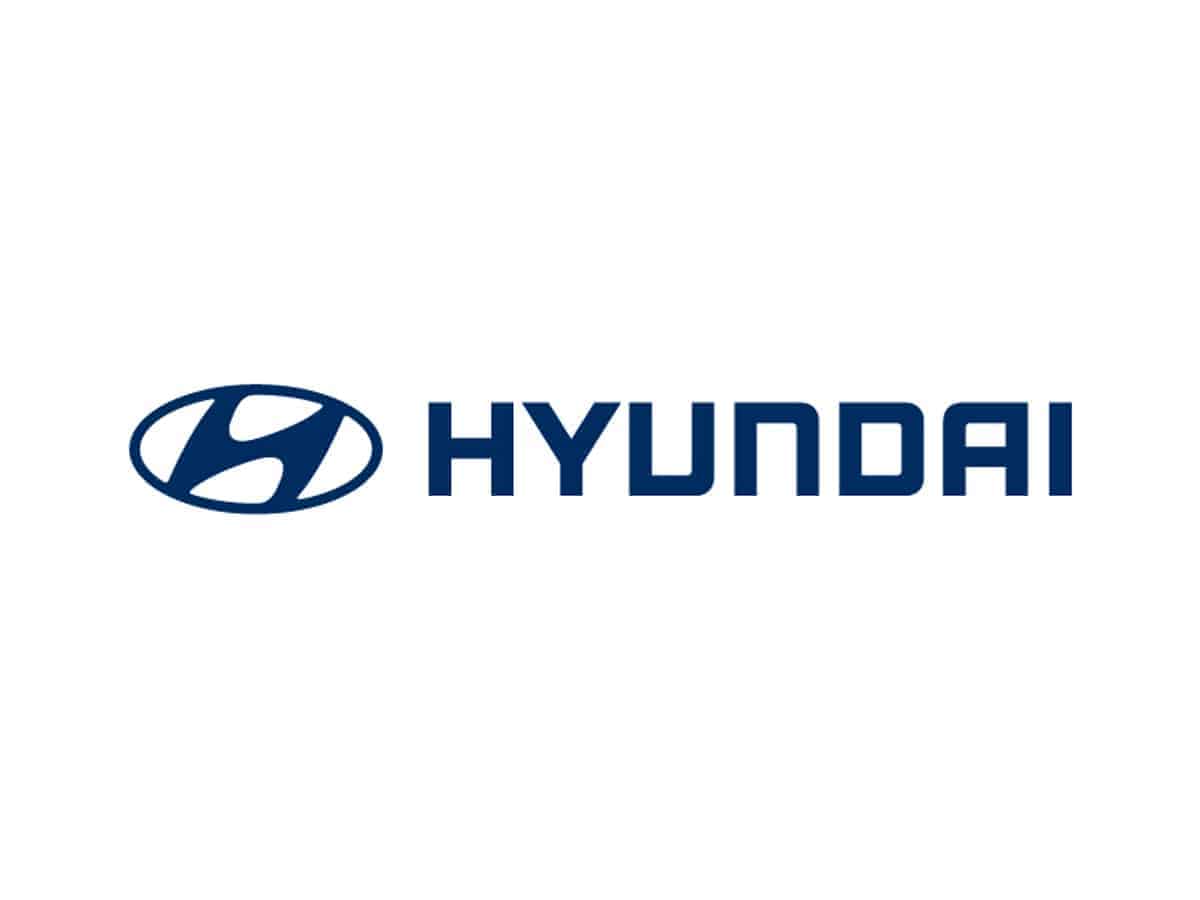
Seoul: Automaker Hyundai is reportedly planning to invest $28 billion over the next decade to accelerate its electrification efforts and is considering adopting Elon Musk-run Tesla’s charging network for all future electric vehicles (EVs) in the US.
According to Hyundai CEO and President Jaehoon Chang, the company would consider joining the alliance of automakers adopting Tesla’s charging standard if it is in its customers’ best interest, reports Investopedia.
Hyundai aims to increase its electric vehicle share to 34 per cent by 2030, up from 8 per cent this year.
Moreover, the report said that Hyundai’s latest electric cars, such as the Ioniq 5, operate at a higher voltage than Tesla’s, meaning they cannot charge as quickly on Tesla’s Supercharger network, which operates at a lower voltage.
The company’s CEO said that he plans to consult with Tesla to see if a faster-charging option could be made available.
Tesla’s network of superchargers accounts for roughly 60 per cent of all EV charging stations in the US.
Earlier this month, automaker General Motors (GM) announced that it will integrate Tesla’s electric vehicle (EV) charging standard in its future EVs.
“We’re teaming up with Tesla to enhance your electric vehicle experience. More charging stations, less range anxiety, more sustainable journeys. It’s about your convenience, not our competition,” GM tweeted.
The agreement between the former rivals comes less than two weeks after Ford announced a similar collaboration.
In February, the US administration revealed new initiatives to install 5,00,000 electric vehicle chargers on US roads by 2030 under its $7.5 billion plan, and as part of it, Tesla has committed to opening up 7,500 of its charging stations to non-Tesla vehicles by the end of 2024.

